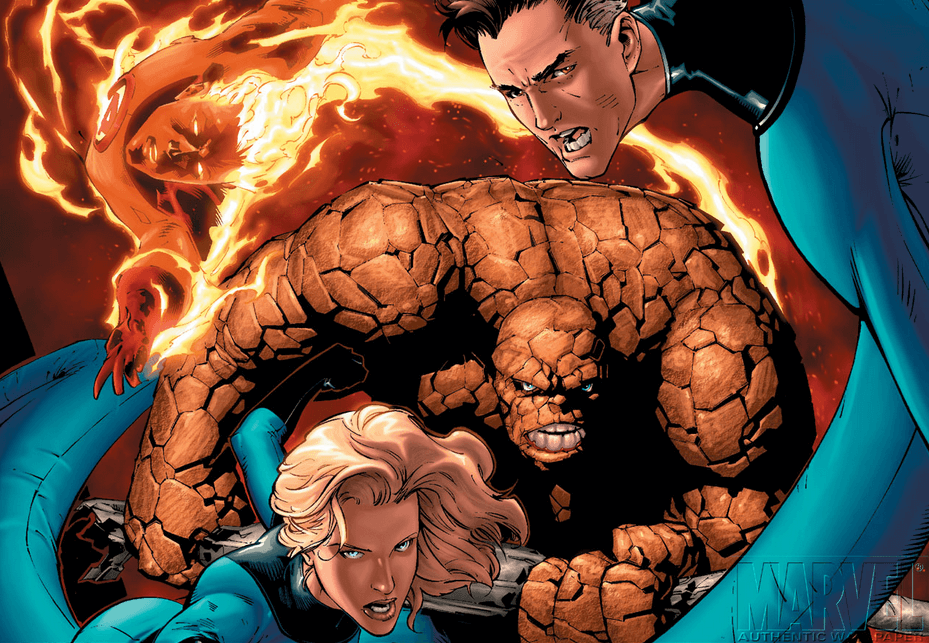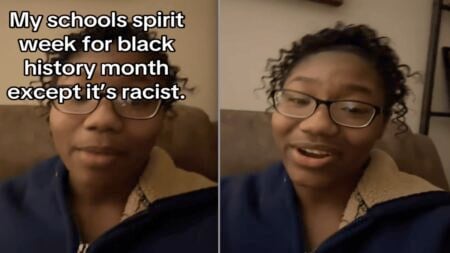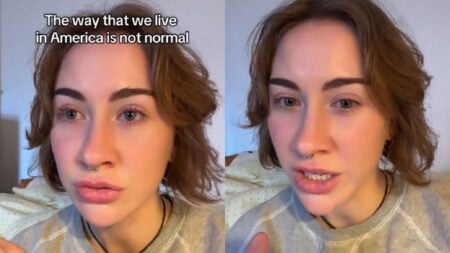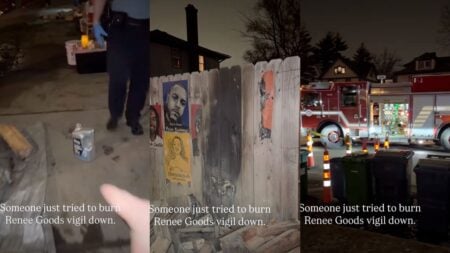After recently sitting through the occasionally compelling, but far too often frustratingly disappointing new Fantastic Four movie, a thought occurred to me: Do movie studios actually know how to put together a good comic book movie? I mean, granted, there have been some good ones. There have even been great ones. But there have also been more than a fair share of bad ones, and downright terrible ones. So maybe it’s just the luck of the draw that determines which comic franchises get good movies and which end up being just awful.
Some characters and stories might attract creative, engaged directors, writers, and producers who have respect for both the process of making a good movie and for the source material itself. Some others might just be in it for a paycheck and only participate because they know there is a built in audience for this or that intellectual property. Either way, there should be some kind of primer out there on how to make a good comic book movie so that whatever creative team ends up at the helm of the next movie starring my favorite comic book franchise does not send me into a frothy nerd rage upon exiting the theater.
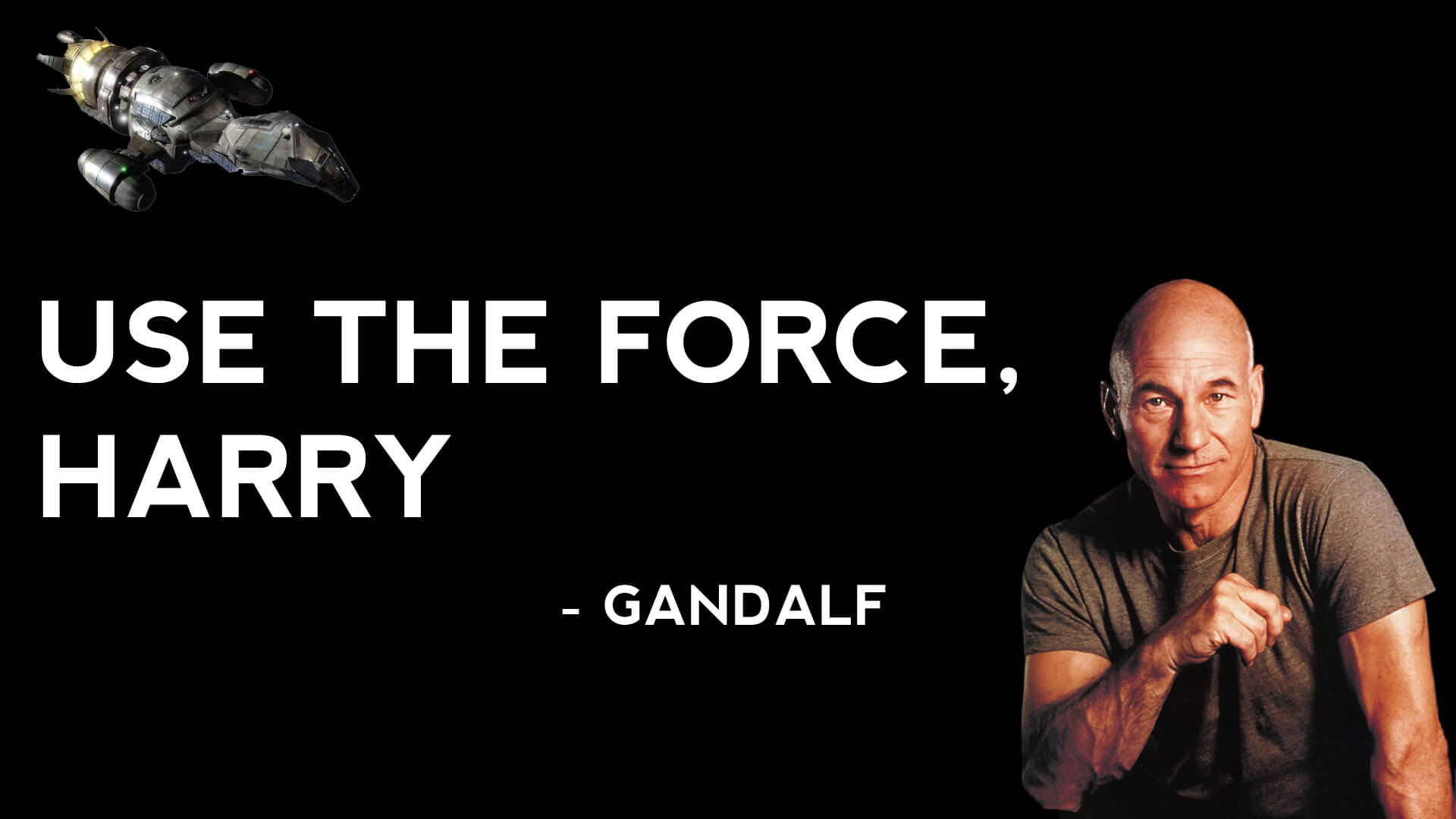
Here is my humble attempt at just that.
- Ignore the origin story.
Or at least don’t spend so much time on it if it’s an established superhero. We all know that Bruce Wayne’s parents were gunned down in Crime Alley. Superman was sent to Earth from the doomed planet Krypton and raised by the Kents in Smallville, Kansas. The Fantastic Four got their powers from cosmic rays (or, in the new movie, from some kind of supercharged plasma). We know this. Even the people who don’t know all the details have an idea.
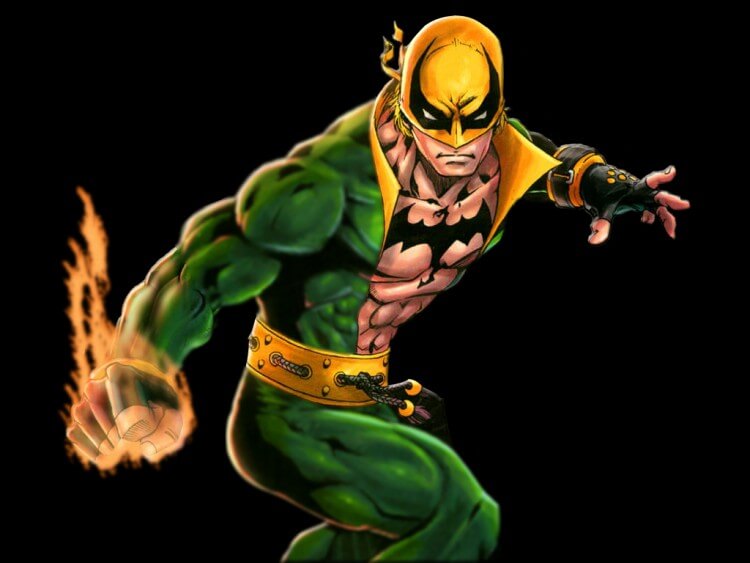
The only time a writer really needs to explain who someone is and why they are who they are is if it is a fairly unknown character. And, even then, this can be done in passing by having a fish-out-of-water character ask about it and then providing an explanation. The first 45 or so minutes of the new Fantastic Four movie could have been skipped entirely and all that information covered in a 60 second conversation between two characters.
- Give us what we came for.
If the movie is called Fantastic Four, give us the Fantastic Four. I came into this movie with high hopes. I wanted some intense scenes of 4 player co-op action. The Fantastic Four taking on Doctor Doom in an epic battle that shakes the very earth. What I got was an hour and a half of science montages, nonsensical government contracting, and evil G-men. Why did the Fantastic Four only show up in the last 20 minutes?
Here’s a perfect example: Batman Begins. It says everything it needs to say in the title. This is Batman’s origin story. Viewers won’t come into this movie expecting to see tons of scenes of Batman as the title itself tells us what we will see. Here’s another example: X-Men: First Class. The name says it all. This is an origin story. Sure, there will probably be some action, but there will also be a lot of backstory. I have no problem with movies telegraphing their intentions with the titles. It saves me a lot of mental anguish.
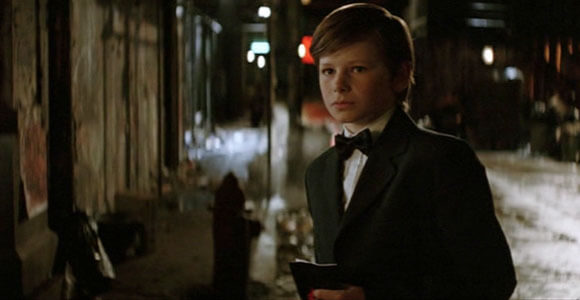
- Stop killing off the big bad.
One of the more frustrating things that happens in far too many comic book movies is the decision to kill off the main or secondary villain(s). Why? Why is this necessary? This is such a selfish decision on the part of the writers. Why would you take away the ability for another writer to utilize the same characters you did in your story? Are these writers trying to hoard them all for themselves? Is it a way of giving added gravity to the situation to have the characters’ lives on the line? Is that necessary? It seems like cheap story telling to me.
https://www.youtube.com/watch?v=naRLLTqkk10
There are so many options other than killing someone. You can banish them to another dimension like the Phantom Zone in Superman. You can incapacitate them or depower them like Magneto in X-Men: The Last Stand. You can do anything your creative heart desires. But, when you kill them, another writer down the line who wants to use that character has to come up with a ridiculous set of circumstances to have that character come back to life. Either that or they retcon the whole story so they can use the characters they want. Neither of those options are good, but one does what one must.
- Do justice to the source material.
A writer doesn’t have to follow an established story word for word. He or she need not follow any established story arc at all. This is related in some way to the concept of ignoring the origin story. Stories change all the time. They evolve. I have no problem with the fact that a black actor was cast as Johnny Storm. So what? He’s playing a fictional character. At least he acted like Johnny Storm.
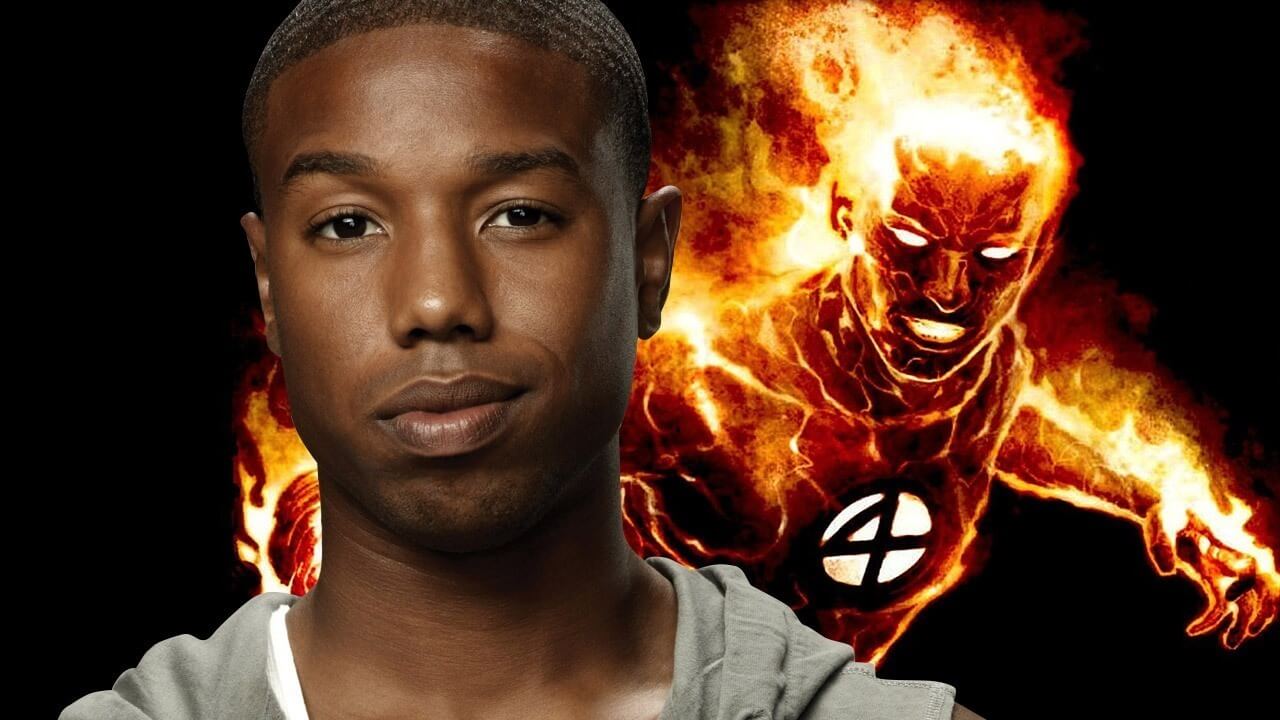
The problem I have is when the movie character acts little to nothing like how the comic book character acts. For an example, just check out how Deadpool was handled the first time around. All the writers need to do is spend a little time with the source material. Just read a few comics. Just a few. It will help so much. I promise. You might even enjoy it! I mean, I would think you would enjoy it given the fact that you are writing a comic book movie script…
But I digress.
- Don’t build something up just so it can be easily defeated.
One final thing. What is the point of building up how powerful a villain is just to have the superhero team defeat him like it was nothing? Make it a fight. Make it interesting. If a group of superheroes has never really worked together as a team before they’re not just going to coalesce and become a hardened unit that trusts each other with their lives. And especially not after a 30 second pep talk. Give the situation some gravity. Make the threat seem real.
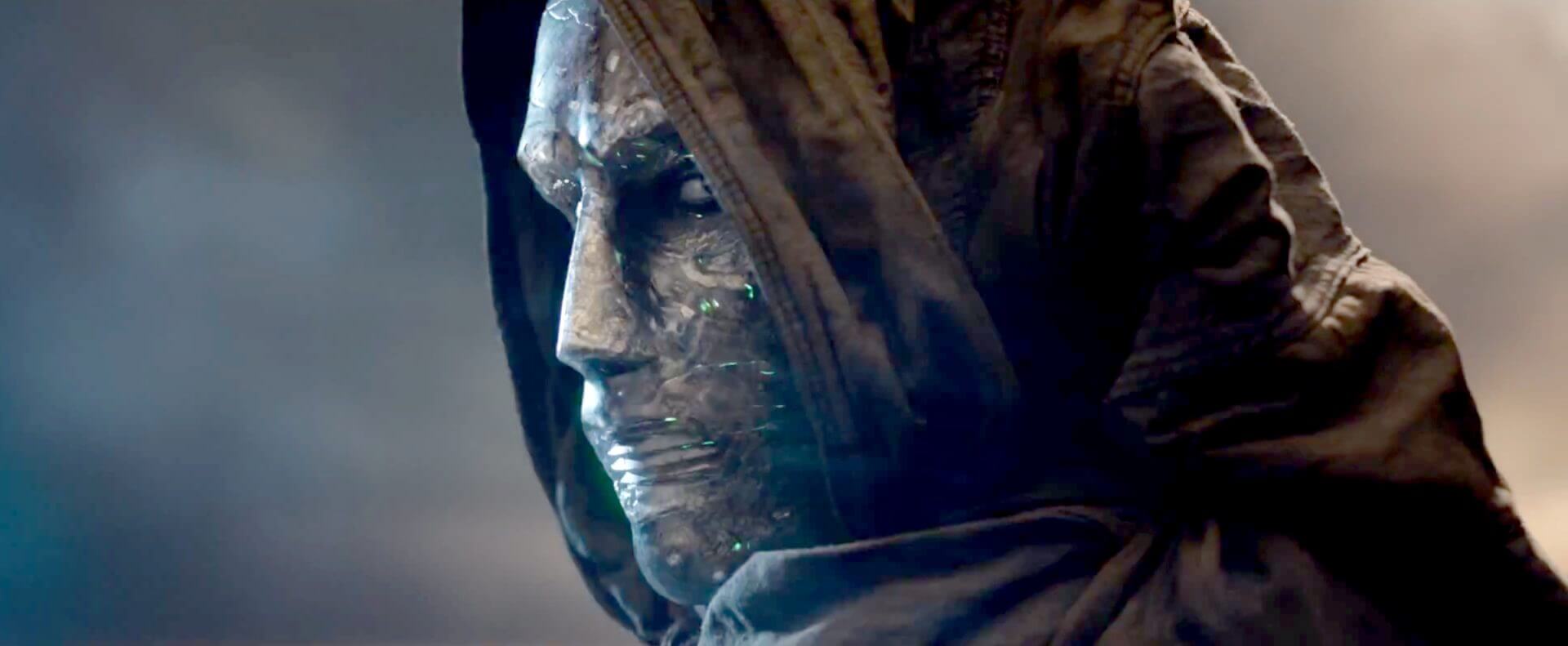
I get that sometimes films run out of time and money. That is the reality of the business. But some scenes are so important, so critical to the overall substance of the story, that glossing over them really does a disservice to the end product. A great movie can have a really terrible ending and that will taint the entire movie experience for most, if not all viewers. Give the endings to your movies as much care and consideration you gave the first hour and a half.
Don’t let this happen to your movie. You have the tools. You have the talent. Make sure the next great comic book movie doesn’t turn out like Fantastic Four. I believe in you.

